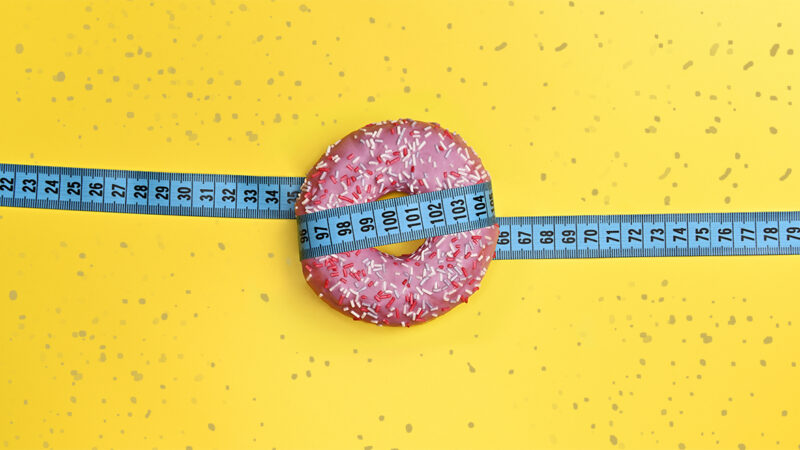About Hypertension
Hypertension, commonly known as high blood pressure, is a condition in which the force of the blood against the artery walls is consistently too high. Blood pressure is measured in millimeters of mercury (mm Hg) and is recorded with two numbers: systolic pressure (the pressure when the heart beats) over diastolic pressure (the pressure when the heart is at rest between beats). Normal blood pressure is typically around 120/80 mm Hg. Hypertension is diagnosed when readings consistently exceed 130/80 mm Hg.
Symptoms
Hypertension is often called the “silent killer” because it usually has no noticeable symptoms until significant damage has occurred. However, some individuals may experience:
- Headaches
- Shortness of breath
- Nosebleeds
- Dizziness
- Chest pain
- Visual changes
Causes
Hypertension can be caused by various factors, often categorized as primary (essential) or secondary hypertension.
Primary (Essential) Hypertension
This type develops gradually over many years and has no identifiable cause. Contributing factors include:
- Genetics: A family history of hypertension increases the risk.
- Age: The risk increases with age.
- Ethnicity: Certain ethnic groups, such as African Americans, are at higher risk.
- Lifestyle Factors: Poor diet, lack of physical activity, obesity, excessive alcohol consumption, and tobacco use.
Secondary Hypertension
This type is caused by an underlying condition and tends to appear suddenly. Causes include:
- Kidney Disease: Conditions affecting kidney function.
- Hormonal Disorders: Such as hyperthyroidism or Cushing’s syndrome.
- Medications: Certain prescription and over-the-counter drugs, including birth control pills, cold remedies, and pain relievers.
- Sleep Apnea: A condition where breathing repeatedly stops and starts during sleep.
Risks
If left unmanaged, hypertension can lead to severe health complications, including:
- Heart Disease: Increased risk of heart attack, heart failure, and stroke.
- Aneurysm: Weakened and bulging blood vessels.
- Kidney Damage: Leading to kidney failure.
- Vision Loss: Damage to the blood vessels in the eyes.
- Metabolic Syndrome: Increased risk of diabetes, heart disease, and stroke.
- Cognitive Decline: Impacting memory and understanding.
Prevention Strategies
Preventing hypertension involves lifestyle changes and regular monitoring. Here are key strategies:
Diet and Nutrition
- Reduce Sodium Intake: Aim for less than 2,300 mg per day, ideally 1,500 mg for most adults.
- Eat a Balanced Diet: Focus on fruits, vegetables, whole grains, lean proteins, and low-fat dairy products.
- Limit Alcohol: Drink in moderation—up to one drink per day for women and two for men.
- Increase Potassium: Potassium helps balance sodium levels. Sources include bananas, oranges, and potatoes.
Physical Activity
- Regular Exercise: Aim for at least 150 minutes of moderate-intensity aerobic activity or 75 minutes of vigorous activity per week.
- Strength Training: Include muscle-strengthening activities on two or more days per week.
Weight Management
- Maintain a Healthy Weight: Losing even a small amount of weight can help reduce blood pressure.
Lifestyle Modifications
- Quit Smoking: Smoking cessation can significantly lower the risk of heart disease.
- Manage Stress: Practice relaxation techniques such as deep breathing, meditation, and yoga.
- Monitor Blood Pressure: Regularly check your blood pressure at home and during doctor’s visits.
Medical Management
If lifestyle changes alone are not enough to control hypertension, your doctor may prescribe medication. Common types of blood pressure medications include:
- Diuretics: Help eliminate excess sodium and water from the body.
- Beta-Blockers: Reduce the workload on the heart.
- ACE Inhibitors: Help relax blood vessels.
- Calcium Channel Blockers: Prevent calcium from entering heart and blood vessel muscle cells.
- ARBs (Angiotensin II Receptor Blockers): Help relax blood vessels.
Conclusion
Hypertension is a manageable condition with the right lifestyle changes and medical intervention. By understanding the causes, recognizing the risks, and implementing preventive strategies, individuals can significantly reduce their risk of complications and lead healthier lives. Regular check-ups and open communication with healthcare providers are essential for effective hypertension management.







